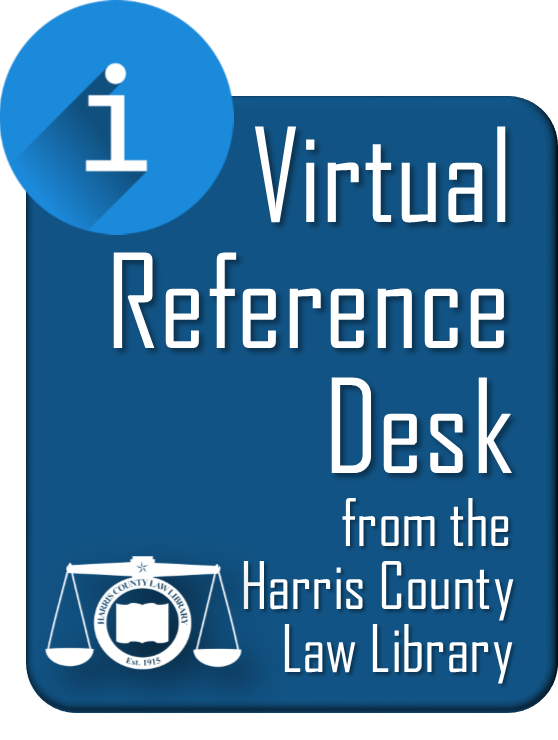A district court judge in Travis County, Texas has paved the way for Texas voters to be able to request and use mail-in ballots in the upcoming party primary runoff elections scheduled for July 14, 2020, and in the General Election to be held in November. The Texas Democratic Party, its chairman, and two registered Texas voters filed a lawsuit in district court seeking a declaratory judgment holding that Tex. Election Code Sec. 82.002 permits any eligible voter who believes that they are practicing social distancing because of COVID-19, regardless of age or physical condition, to request a mail-in ballot from the county clerk’s office, use that ballot, and have it counted in the upcoming elections. Plaintiffs also sought a temporary and permanent injunction requiring defendants Texas Secretary of State and Travis County Clerk to accept and tabulate those ballots. Several voters groups, including the League of Women Voters of Texas and MOVE Texas Action Fund, intervened, seeking a temporary injunction to enjoin the county from rejecting mail-in ballot applications from voters on the basis of a disability and refusing to accept those ballots during the elections. They also sought to prevent Intervenor-Defendant State of Texas from issuing any guidance or taking any action that would prevent or prohibit the tabulation or submission of mail-in ballots by those voters claiming a disability because of coronavirus. The State of Texas filed a Plea to the Jurisdiction, arguing that plaintiffs lacked standing due to a failure to state a particularized harm, plaintiffs sought an impermissible advisory opinion regarding claims that were not yet ripe, and plaintiff’s claims were barred on the ground of sovereign immunity.
Plaintiffs have filed in the United States District Court for the Western District of Texas San Antonio Division, stating that the election conditions alleged in the petition constitute discrimination in violation of the Voting Rights Act and the 1st, 14th, 15th, and 26th Amendments. Plaintiffs sought both declaratory and injunctive relief.
We at the Harris County Law Library are keeping up with developments in this case as they become available.
Judge Tim Sulak’s Order, dated April 17, is now available here.











